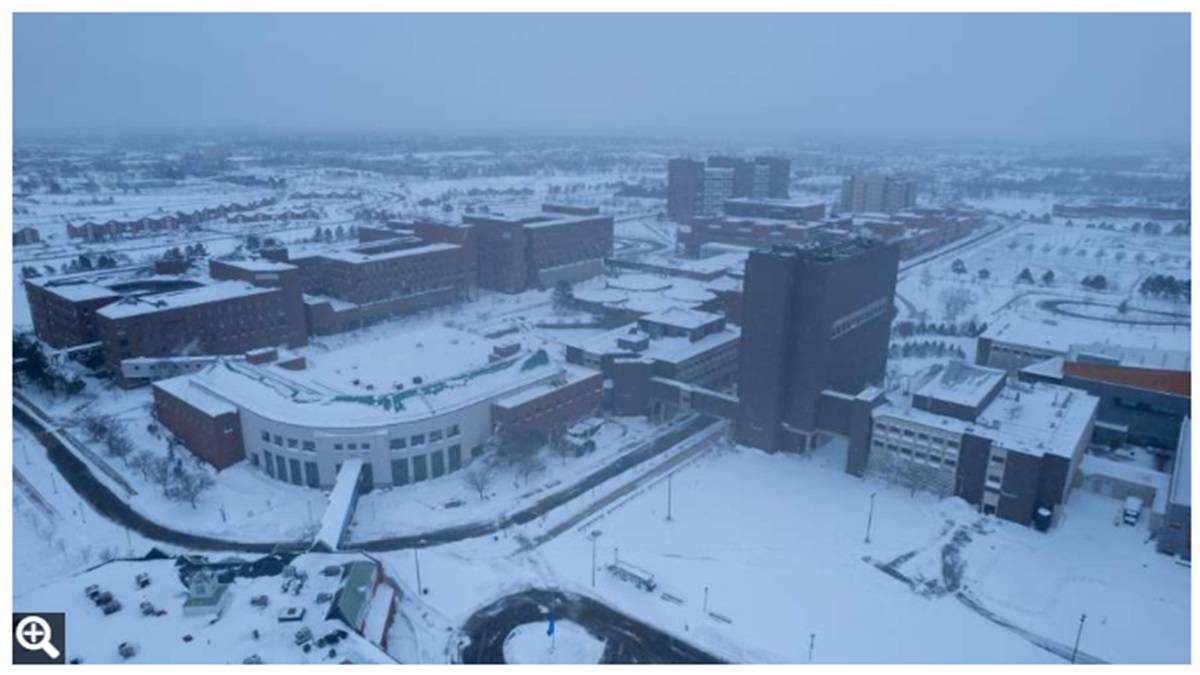University At Buffalo Summer Research Program To Examine WNY Climate And Extreme Weather Events
Study in US: National Science Foundation Research Experiences for Undergraduates has funded this summer research program. It will start in May 2025 and will last for 10 weeks.
The undergraduate students will study extreme weather events during a summer research program at the University at Buffalo. National Science Foundation Research Experiences for Undergraduates (NSF REU) has granted $433,709 for this program which will start in May 2025. The summer research program's duration is 10 weeks.
Sophie Nowicki, PhD, Empire Innovation Professor in the UB Department of Earth Sciences and director of the Center for Geological and Climate Hazards and also the grant's principal investigator, said, “The research that students will pursue in this program are of interest to UB researchers studying climate change but are also topical and relevant for anyone living in Western New York. Western New York is relatively resilient to climate change compared to other regions that are coastal or more susceptible to drought, but that doesn't mean that we are immune from the impacts of climate change. No where on Earth is immune.”
Nowicki and other grant investigators are currently looking for 10 undergraduate students from across the US for this summer's program. Each of these 10 students will be given a research topic and two advisors either from the School of Engineering and Applied Sciences or the College of Arts and Sciences.
Grant’s co-principal investigator, Joseph Tulenko, a postdoctoral fellow in the Department of Earth Sciences commented, “All the research topics in the program address the complex challenges posed by global climate change, but the majority specifically address challenges faced by Western New York and the Great Lakes region."
Details Of University At Buffalo Summer Research Program On Climate Issues
The study will be on 22 blizzard which claimed lives in Western New York, how climate change impacts the Great Lakes region, rocks around the Lake Erie shoreline, and more.
Nowicki said, "We expect sea levels to rise 20 centimetres by 2050, but what exactly does that mean and what does that look like? Having the topics in the program linked to Buffalo and Western New York as much as possible helps bring the topic of climate change home in a way that we can all understand."
Read more:
Pick your stage and get free guidance from counsellors who've helped thousands get into top universities.
 Starting research
Starting research Shortlisting colleges
Shortlisting colleges Exam preparation
Exam preparation SOP/LOR writing
SOP/LOR writing Scholarship & finance
Scholarship & finance Visa application
Visa application

